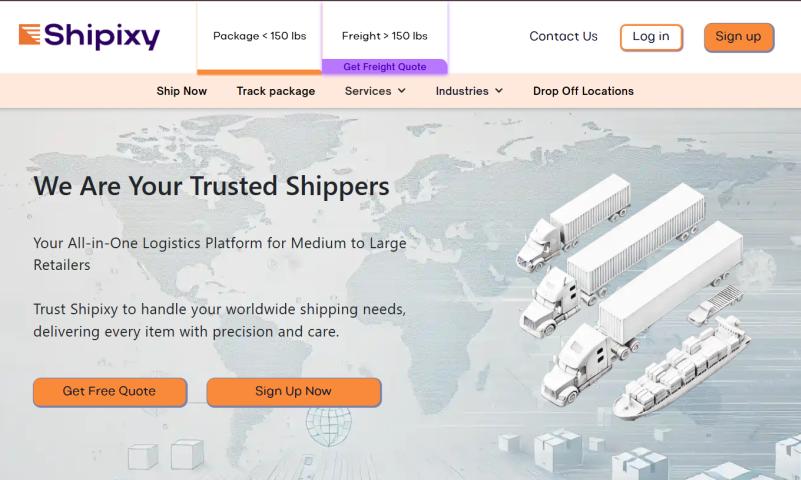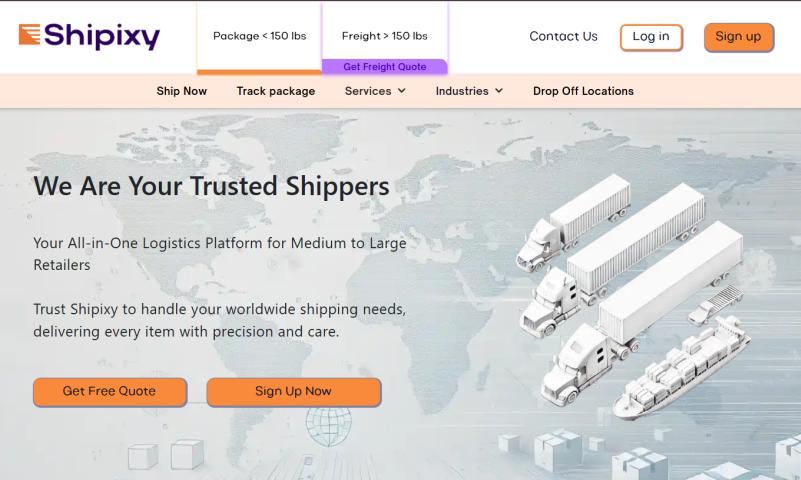Dropshipping has become a popular business model in the world of e-commerce, especially for entrepreneurs looking to start an online store without the significant upfront investment typically required for inventory. At its core, dropshipping is a retail fulfillment method where a store does not keep the products it sells in stock. Instead, when a store sells a product, it purchases the item from a third party—usually a wholesaler or manufacturer—and has it shipped directly to the customer. This means the seller never physically handles the product.
The dropshipping model presents a low-risk opportunity for individuals and small businesses to enter the retail market. Because there's no need to purchase inventory in advance, entrepreneurs can start their ventures with minimal financial outlay. This is particularly attractive in the digital age, where online stores can be set up with ease using platforms like Shopify, WooCommerce, or BigCommerce.
One of the primary advantages of dropshipping is the ability to offer a wide range of products without the burden of managing stock. Retailers can list a diverse array of items in their online stores and quickly adapt to trends and consumer demands by adding or removing products from their inventory with just a few clicks. This flexibility allows dropshippers to stay competitive in a fast-paced market.
However, dropshipping is not without its challenges. Since the retailer does not handle the physical products, they have limited control over the supply chain. This can lead to potential issues with product quality, shipping times, and customer satisfaction. Additionally, because of the low barrier to entry, the dropshipping market is highly competitive, with many businesses offering similar products at similar price points. This often leads to thin profit margins, requiring dropshippers to rely on high sales volumes to achieve significant profits.

Effective marketing and branding are essential for success in dropshipping. Since customers can often find the same or similar products elsewhere, a dropshipping business must differentiate itself through excellent customer service, unique branding, and targeted marketing strategies. Building strong relationships with suppliers is also crucial, as it ensures reliable product availability and quality, which are key to maintaining customer trust.
Dropshipping offers a viable route for aspiring entrepreneurs to break into the e-commerce sector without the need for significant upfront investment. While it presents certain risks and challenges, with the right approach, it can be a highly profitable business model. Entrepreneurs considering dropshipping should be prepared to navigate its complexities, focusing on creating a distinct brand, maintaining strong supplier relationships, and executing effective marketing strategies to stand out in a crowded marketplace.


















